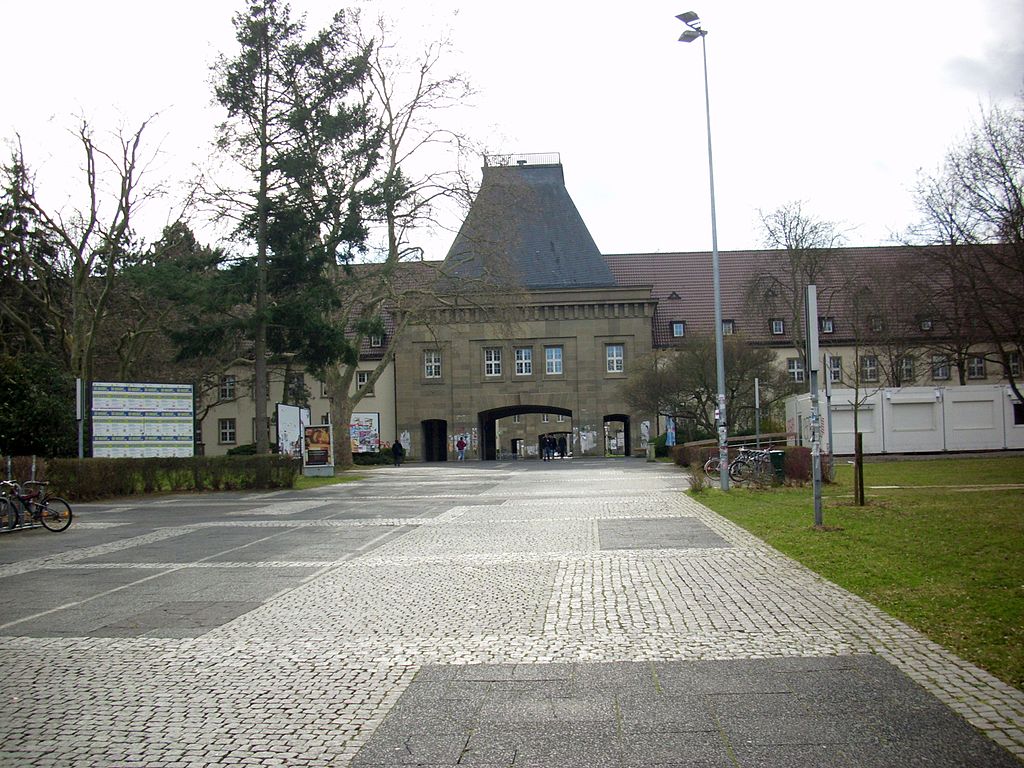Johannes Gutenberg University Mainz (also known as JGU) is a public research university in Mainz, Rhineland-Palatinate, Germany. Named after the printer Johannes Gutenberg, it was founded in 1477 by Archbishop of Mainz Diether von Isenburg. With around 33,000 students (2019), JGU is the third-largest university in Rhineland-Palatinate and one of the leading research universities in Germany.
JGU has five main campuses: The main campus in downtown Mainz houses most faculties; further sites are located on the outskirts of town for specific subjects such as medicine and natural sciences. The JGU campuses are broadly spread across the city with each having its own distinct atmosphere. The University’s central library is also located on campus.
The vast majority of courses at Johannes Gutenberg University are taught in German; however, an increasing number of courses are being offered in English – especially at postgraduate level – to attract international students. There are currently more than 1,600 international students enrolled at JGU, representing some 40 different countries.
Research at Johannes Gutenberg University covers a wide range of topics and disciplines with a strong focus on interdisciplinary cooperation. In recent years, particular emphasis has been placed on themes related to sustainability and digitalization. As one of eleven so-called “Universities of Excellence” in Germany, JGU is part of an elite group of institutions that receive special funding from the German government to further develop their outstanding reputation for teaching and research.
Johannes Gutenberg University offers a broad range of degree programmes at both undergraduate and postgraduate level across all faculties:
humanities law economics & business administration social sciences computer science mathematics & natural sciences medicine


